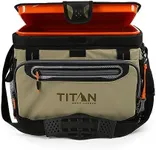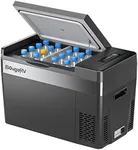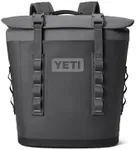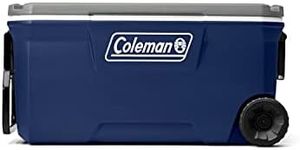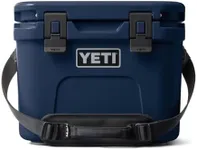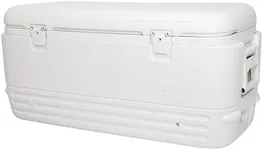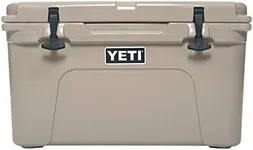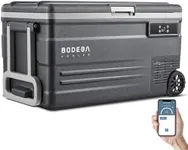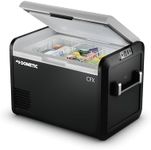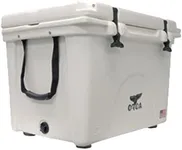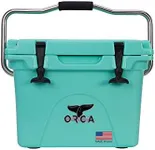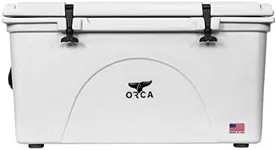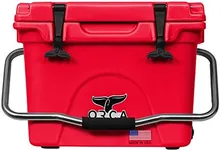Buying Guide for the Best Car Coolers
Choosing the right car cooler can make your road trips, camping adventures, and long drives much more enjoyable by keeping your food and drinks fresh and cool. When selecting a car cooler, it's important to consider several key specifications to ensure you get the best fit for your needs. Here are the main factors to keep in mind when shopping for a car cooler.CapacityCapacity refers to the amount of space inside the cooler, usually measured in liters or quarts. This is important because it determines how much food and drink you can store. Small coolers (up to 20 liters) are great for solo travelers or short trips, medium coolers (20-40 liters) are suitable for small families or weekend getaways, and large coolers (over 40 liters) are ideal for extended trips or larger groups. Consider how much you typically need to store and choose a capacity that matches your needs.
Cooling TechnologyCar coolers use different cooling technologies, such as thermoelectric, compressor, or absorption. Thermoelectric coolers are lightweight and affordable but may struggle in very hot conditions. Compressor coolers are more powerful and can maintain lower temperatures, making them suitable for all climates. Absorption coolers are quiet and can run on multiple power sources but are less efficient. Think about the typical weather conditions you'll encounter and how important temperature control is for your needs.
Power SourceCar coolers can be powered by various sources, including 12V car outlets, 110V home outlets, or even solar panels. Some models offer dual power options, which can be very convenient. If you plan to use the cooler primarily in your car, a 12V option is essential. For versatility, look for models that can switch between power sources. Consider where and how you will use the cooler to determine the best power source for you.
PortabilityPortability is about how easy it is to move the cooler around. This includes the weight of the cooler, the presence of wheels, and the design of the handles. Lightweight coolers are easier to carry but may have less capacity. Wheels and sturdy handles can make transporting a full cooler much easier. Think about how often you'll need to move the cooler and over what kind of terrain to choose the right level of portability.
DurabilityDurability refers to how well the cooler can withstand rough handling and harsh conditions. Look for coolers made from high-quality materials like heavy-duty plastic or metal. Check for features like reinforced corners, sturdy latches, and strong hinges. If you plan to use the cooler in rugged environments or for outdoor activities, durability is crucial. Consider how and where you'll use the cooler to determine the level of durability you need.
Additional FeaturesAdditional features can enhance the functionality and convenience of your car cooler. These might include things like built-in cup holders, digital temperature displays, USB charging ports, or removable dividers. While not essential, these features can make your cooler more versatile and user-friendly. Think about which extra features would be most useful for your specific needs and preferences.
